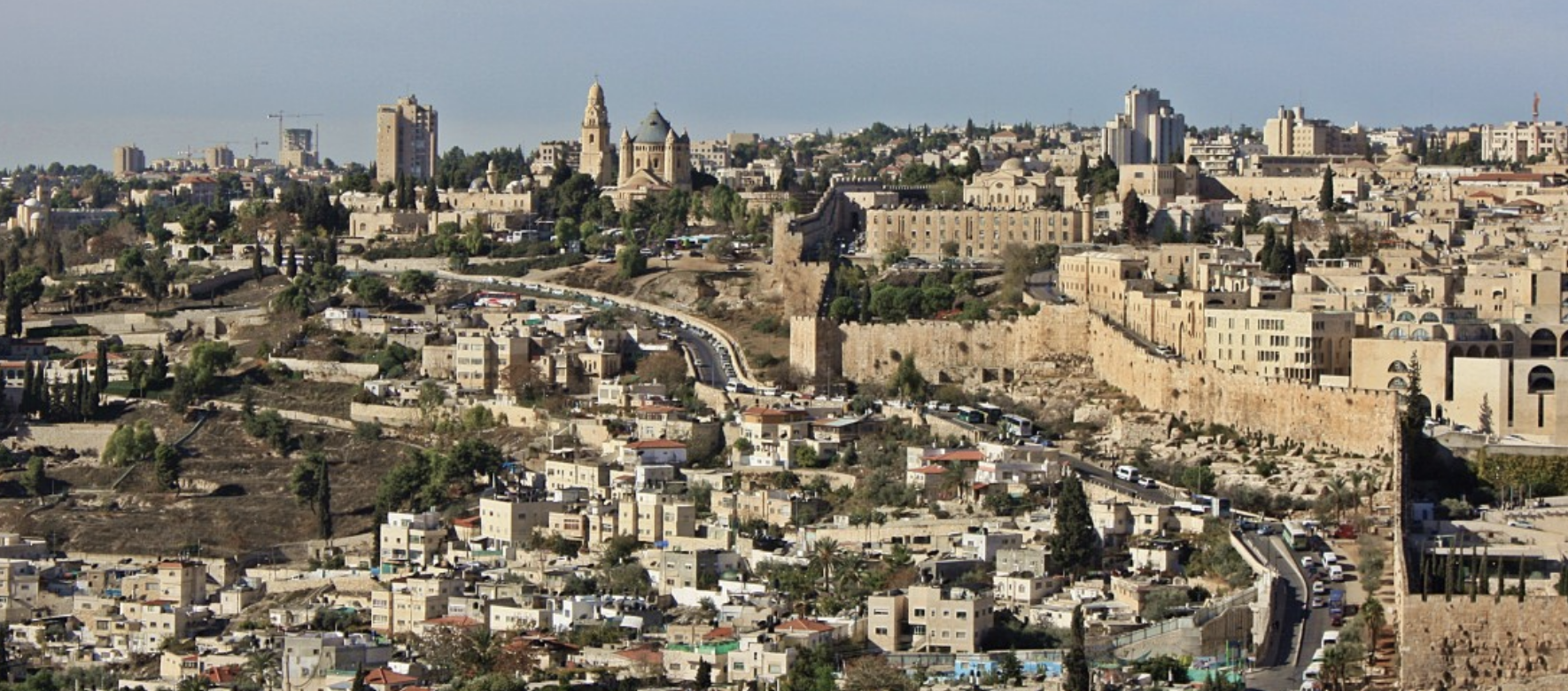Only the gas sector has been declared in a “state of emergency”, as gas can produce electricity and therefore desalinated water. The operation of ports and the supply of cities are almost normal. The cost of reorganizations and insurance will, however, be significant for everyone. Measures are also needed to counter the decline in Foreign Direct Investment (FDI) already observed before the conflict, the slowdown in consumption and losses in foreign trade.
The three main rating agencies (Moody’s, Fitch and S&P) have revised their sovereign rating outlook for Israel from “stable” to “negative”. The war therefore risks leading to a further downgrade of Israel’s sovereign rating.
War and mobilization lead to a slowdown in demand and supply.
Non-food consumption is collapsing, a phenomenon inherent to the shock of confidence and the mobilization of 350,000 reservists. Added to this is the drastic drop in the “imported” workforce, made up of more than 200,000 Palestinian workers from the West Bank (who no longer travel to the territory) and 150,000 non-Jewish workers from third countries. (of which 5,000 have already left).
Israel’s active population is estimated at 4.3 million people, but the country’s employment rate is low (around 65%). Thus, approximately 9 to 11% of the national workforce is in uniform and almost two-thirds of the non-Israeli workforce is absent. With an unemployment rate of 3.3%, the job market offers no substitutes for this workforce.
The Central Bank, keen to avoid imported inflation linked to the fall of the shekel, maintains its key rate at 4.75%.
Regarding foreign trade, in addition to the halving of gas exports to Egypt, two medium-term sectoral risks have been identified:
1) Tech (55% of civilian exports of goods and services) works with companies partially destabilized by the drop in FDI and a high rate of mobilization among their staff
2) defense industries, which export 70% of their turnover ($12.5 billion in 2022), will primarily serve the Israeli army, which will penalize certain export contracts.
Foreign aid should mainly come from the United States.
Israel can count on a significant outpouring of generosity organized by its diaspora, particularly marked in the United States. Various associations have already easily collected nearly 500 M USD. At the same time, American military aid has amounted to $3.8 billion/year since 2019 (for a period of 10 years). This represents approximately 16% of the Israeli defense budget in normal times. Added to this is the exceptional aid of USD 14.3 billion for the duration of the conflict against Hamas.
However, it is within Israel that most of the financing of the war will take place.
The political debate regarding the reshuffling of the budget has not yet been resolved. The “Israel Property Tax Compensation Fund”, which had a credit of €4.5 billion at the end of September, will quickly be exhausted. It had already been used to finance one-off political measures and, for the month of October alone, almost €2.5 billion will go to compensation.
Public debt seems inevitable and, according to the Bank of Israel, its rate will increase from 60 to 65% of GDP in one year (it was 70% at the end of the Covid-19 crisis). Israel nevertheless retains significant borrowing capacity. Furthermore, bolder measures could emerge: a review of certain public policies; tax reform.
The coming months will reveal the desire to take advantage of the war to reform, in one direction or another, part of public finances and, perhaps, the economy.
Source: French Embassy in Israel, Economic Service








Réagissez à cet article